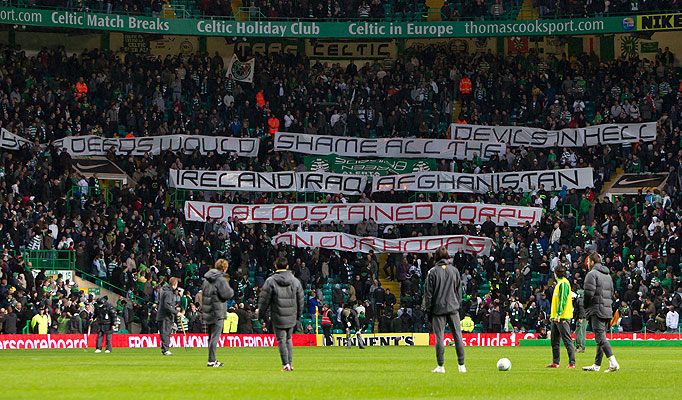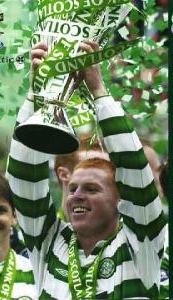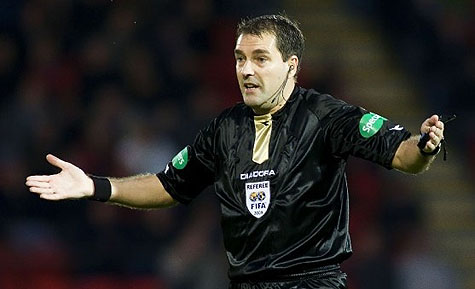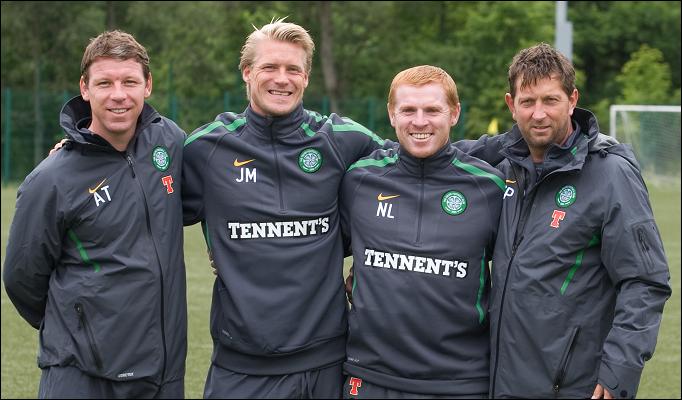We are then – and have always been – a political club, like it or not. Celtic was forged in politics and that has remained so, especially for Catholic fans through the struggle for equality in church and school, as well as in the workplace, and indeed for many looking back with worry to extended families in Ireland in darker times. In this regard Celtic Park has always been a place to speak out – even if the majority in Scotland didn’t like what they were hearing.
At the beginning of the 20th century Celtic fans opposed the Boer War, an imperial adventure from another age. The fact that some of our number now choose to tell the British government and its military that Afghanistan and Iraq (one conflict seen by many as an unwinnable occupation and the other downright illegal) are not so different to that bloody adventure South Africa, is simply an extension of our traditions.
It should be remembered that those writing and commissioning articles on the fall-out from the poppy banners at the weekend, are mainly white, middle-class, middle-aged, men, with little real knowledge of Celtic supporters. Many would have been born into comfortable and fairly privileged backgrounds, attended private schools and are, quite simply, incapable, of seeing the world from any other perspective than that of the establishment to which they belong. Certainly they will not see it in the manner of ordinary Iraqi’s and Afghan’s bombed out of their homes, their families destroyed in the night by ‘coalition forces’.
The fact is that displaying the poppy on the Hoops is an overtly political gesture and Celtic fans should therefore respond as they see fit. The Great War was said to have been a conflict to end them all, the Second World War was, to some degree, a victory over fascism. Yes, let us honour those who perished – on both sides – and in the blazing streets of the cities around Europe and beyond. But let us choose to do so in our own way, as a private act. Also, let us have reasoned debate on this subject, and do not expect us to merely swallow the spin and propaganda of the MoD and British Legion which demand we wear and accept the message of the poppy, or face social leprosy.
We as Celtic supporters should today, as always, try to be a force for good in the world. As natural underdogs we are right to speak out if we see acts which are unjust or illegal, no matter where they are committed and by whom.
It was the Scottish poet – Hamish Henderson – who wrote, in his famous anti-war anthem – Freedom Come All-Ye of: ‘Broken faimlies in lands we’ve hairriet ,Will curse ‘Scotland the Brave’ nae mair, nae mair’
I suggest we adopt it as a Celtic song forthwith – in the name of peace and liberty for all. Hail Hail.
Freedom Coma All Ye:
Roch the wind in the clear day’s dawin
Blaws the cloods heilster-gowdie owre the bay
But there’s mair nor a roch wind blawin
Thro the Great Glen o the warld the day
It’s a thocht that wad gar oor rottans
Aa thae rogues that gang gallus fresh an gay
Tak the road an seek ither loanins
Wi thair ill-ploys tae sport an play
Nae mair will our bonnie callants
Merch tae war when oor braggarts crousely craw
Nor wee weans frae pitheid an clachan
Mourn the ships sailin doun the Broomielaw
Broken faimlies in lands we’ve hairriet
Will curse ‘Scotland the Brave’ nae mair, nae mair
Black an white ane-til-ither mairriet
Mak the vile barracks o thair maisters bare
Sae come aa ye at hame wi freedom
Never heed whit the houdies croak for Doom
In yer hoos aa the bairns o Adam
Will find breid, barley-bree an paintit rooms
When Maclean meets wi’s friens in Springburn
Aa thae roses an geans will turn tae blume
An the black lad frae yont Nyanga
Dings the fell gallows o the burghers doun.
Douglas Beattie is author of The Pocket Book of Celtic





